Teaching whole number place values to the “big kids” can be a daunting task. After all, haven’t they been practicing place value for a long time already? The good news is that there are some simple tips and tricks that can help make teaching whole number place values easier and more engaging. Here are five tips:
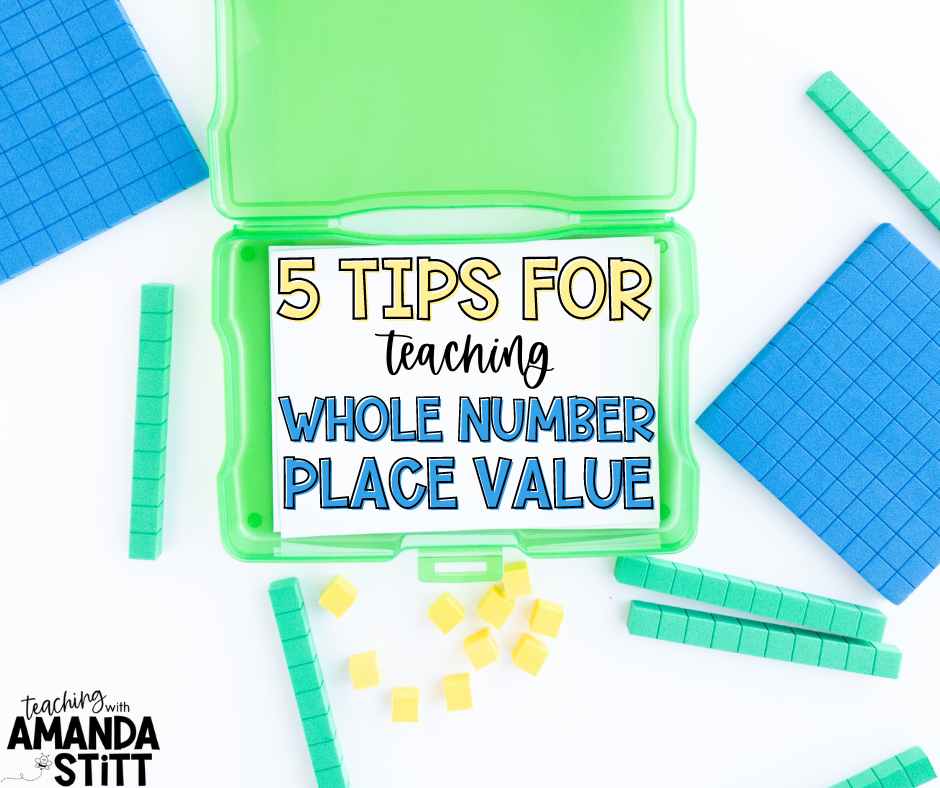
1. Use real-world examples
Helping your students connect abstract math concepts to real-world scenarios can help make whole number place values more engaging and digestible. Try to think of examples from everyday life such as money, distances, time, sports, and more.
Take some time to brainstorm some examples of how number values can be affected with the place values aren’t correct. Getting your students to buy into the importance of understanding why they should learn whole number place values will help them as they develop these new skills.

2. Have Visual Aids Ready
Visual aids can be a great help in teaching whole number place values. Have some visuals handy such as place value charts, place value blocks, 100’s charts, or number lines that you and your students can refer back to while learning and practicing these new skills. Having visuals for the students to refer to will make it easier for them to understand and remember the concepts being taught.
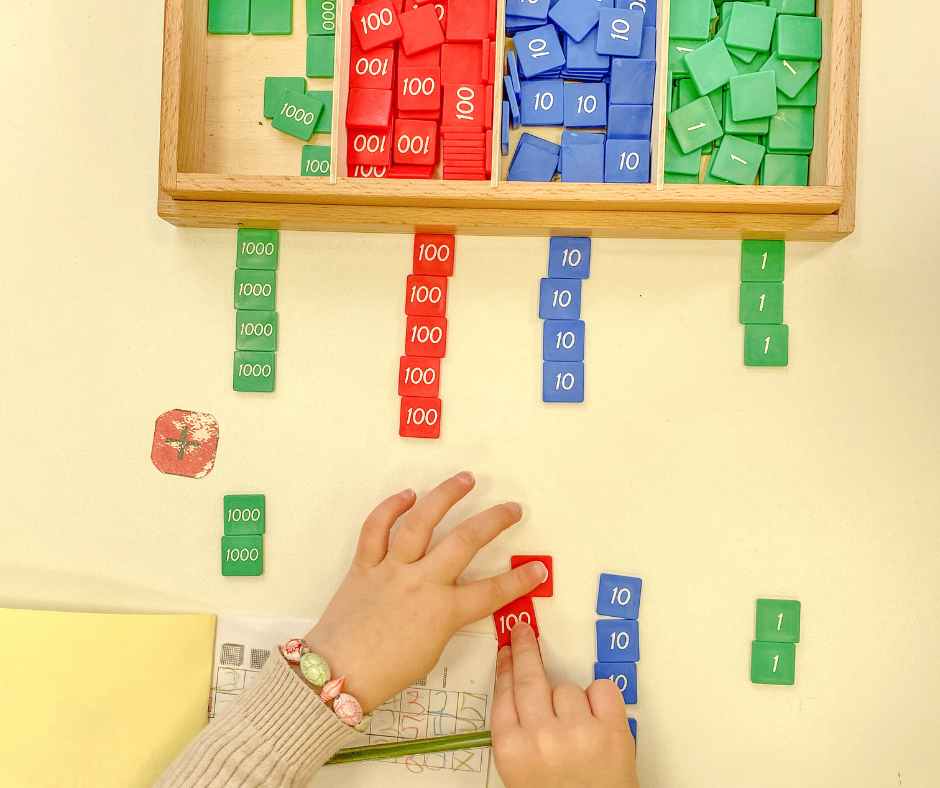
3. Break it Down
Start with what your students already should know. Take a look at the previous year’s place value standards and build on those. Don’t jump right into working with numbers in the thousands or hundred thousand place. Start smaller, so your students can build up their confidence.
Once students have been refreshed on the skills they’ve already learned, show them how, even though the numbers are getting larger, the same place value principles still apply. The beauty of the base-10 system is the patterns that are repeated no matter what place a digit is in.
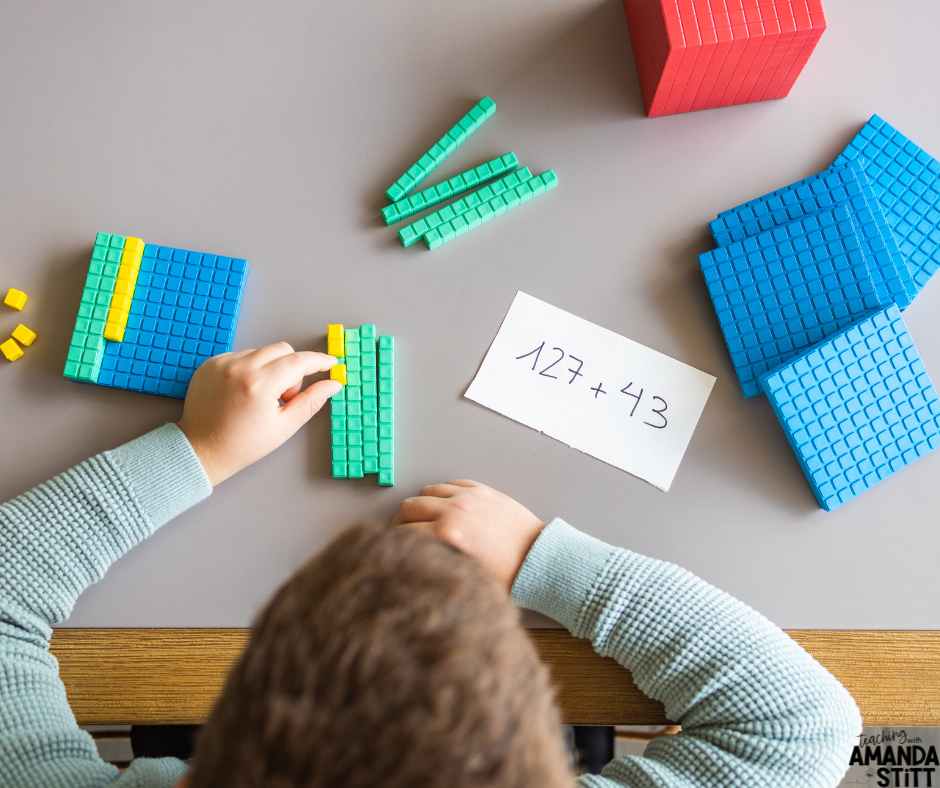
4. Don’t Forget About Practice
Have you heard the podcast “Math is Figure-Out-Able” with Pam Harris? I love this podcast. It is full of so many great ideas on a variety of math topics.
On this episode, she talks with Kim Monague about whole numbers place values. They dive into why some students struggle with place value and cover some great place value activities that you can do with your students. Listen here!

5. Make it Fun!
Learning place values doesn’t have to be a chore. Use fun activities to help your students understand the concepts more quickly and effectively. Here are some of my favorites…
Color by Numbers
Math color by numbers is a highly engaging way to practice whole number place values. These activities broken down by standard, so you can specifically target each skill within place value that you are teaching. They are self-checking and provide some extra fun and motivation beyond your basic pencil and paper worksheets.
Best of all, each activity includes 3 differentiated versions. So you can easily meet the unique needs of all the learned in your classroom. Plug these no-prep math activities into your math centers, groups, morning work, or use with early finishers. Available in both 3rd grade and 4th grade standards.
3rd Grade Place Value Color by Numbers
4th Grade Place Value Color by Numbers
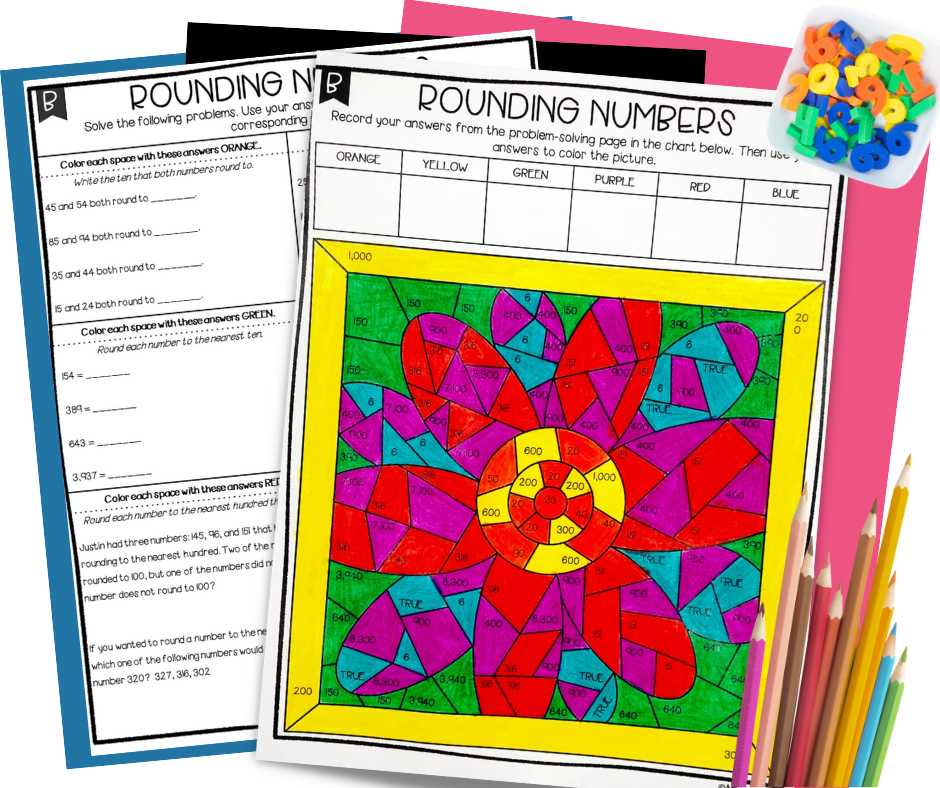
Math City Math Projects
Bring whole number place values to life with the Math City Bank math project. This real-world math project provides standards-based place value practice in a meaningful and engaging way. This project even includes a differentiated version, so you are able to better support all the learners in your class. Add this no-prep activity to your math workshop, small groups, or even partner work. Available in both 4th grade and 3rd grade standards.
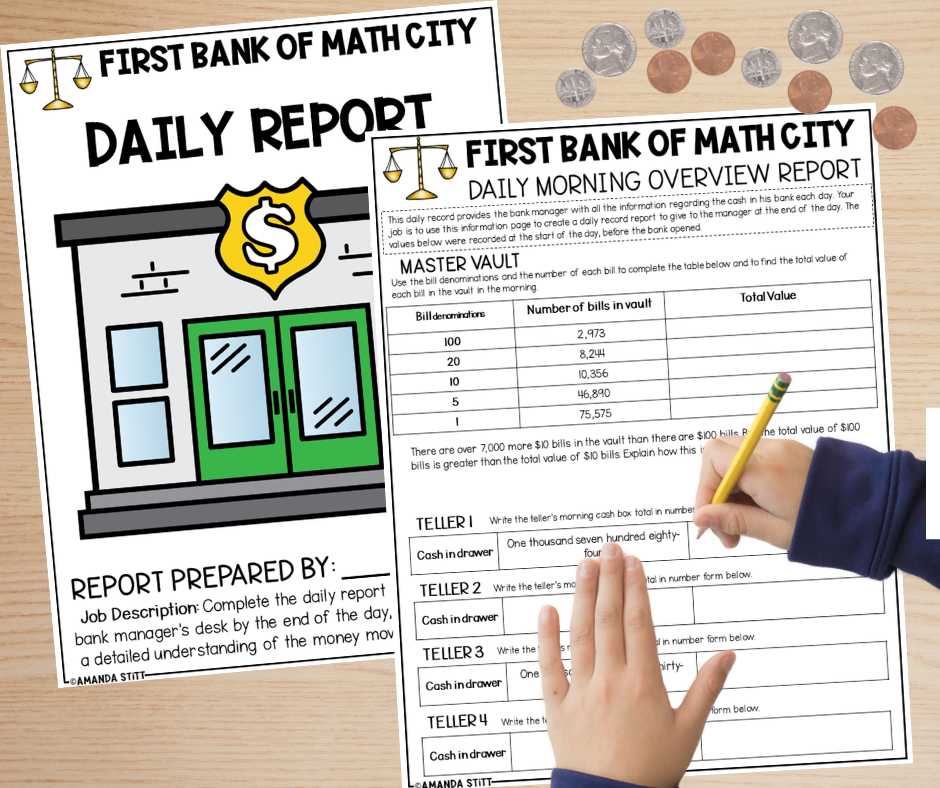
What is Math City exactly? It’s an engaging year-long project that covers major grade-level standards. These highly engaging projects are differentiated as well. Grab a FREE Math City project now and see what Math City is all about!
GRAB 4th GRADE MATH CITY HERE!
GRAB 3rd GRADE MATH CITY HERE!
Whole number place values don’t have to be a challenging concept for your big kids. With the right tools and teaching techniques, you can make this an engaging learning experience for them. Have visual aids ready, break it down, don’t forget about practice and make it fun! Your students will thank you later.


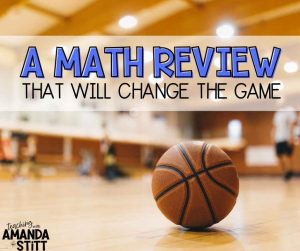


No Comments